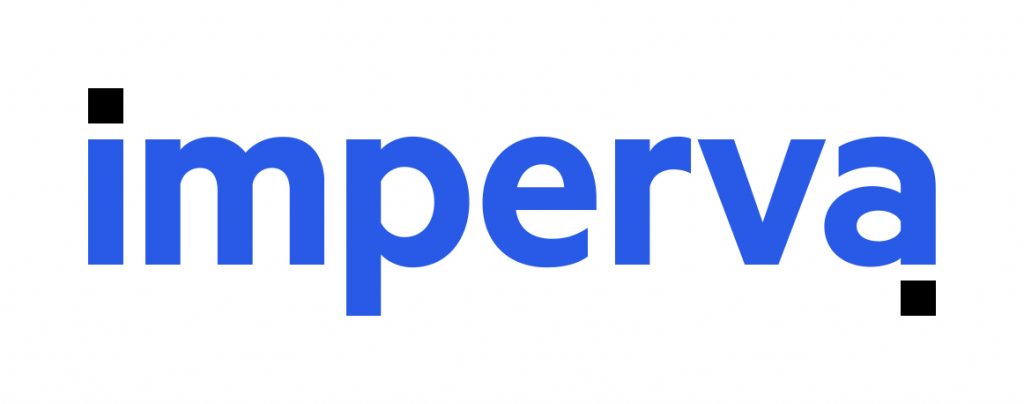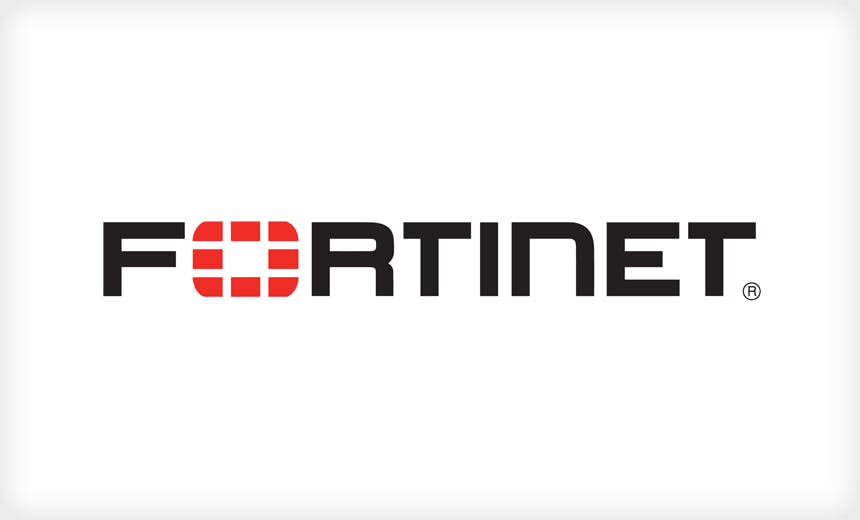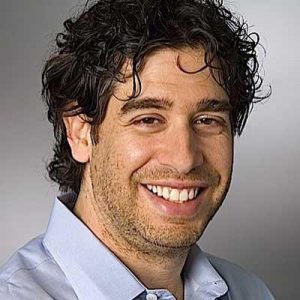Imperva- A business venture of Shlomo Kramer who is Godfather of Israeli cybersecurity
Cybersecurity is becoming the interest of many researchers and top entrepreneurs focusing on this area. In fact, it is important to spread awareness about cybersecurity, and many firms working in this as Imperva do. It is a California based cybersecurity firm working in this field since 2000. However, the firm has been delivering excellent protection to application software and data of several enterprises. Shlomo Kramer, A. Shulman, and Mickey Boodaei set up Imperva to enable security for both data as well as applications.
About the founder of Imperva- Shlomo Kramer
A well-known entrepreneur and tech person, Shlomo Kramer has been working in the field of security for a long time. He belongs to Israel where he recognized as one of the top investors and businessmen in Information Technology. Imperva is one of the companies co-founded by Shlomo. Apart from that, he is a founder of the Checkpoint, Cato networks. These all are deal with cybersecurity. However, he also invested in several startups including Palo Alto Networks, Lacoon Mobile Security, Trusteer, Watchdox, etc.
Achievements of Shlomo
Shlomo is one of the top entrepreneurs of Israel. He helped the nation in the field of cybersecurity. For his work, several authorities and organizations praised him. In 2006, he was on the list of 20 luminaries who changed the network industry. Network World Magazine selected him in this list. As well, SC magazine named him as the CEO of the year in 2008. 7 years back, Shlomo inducted into the Infosecurity Europe Hall of Fame in 2013.
Early Life
Shlomo loves technology more than anything else, which can be seen from activities in his life. During young age, Kramer designed and sold video games. He has been familiar with mainframe and other technologies since then. At the age of 15, he worked at a Tel Aviv shop, he used to sell personal computers in there. Kramer’s passion for technology strengthen when he heard about 17 years old game developer. Thereafter, he never looked back and tried his best to do the best in this field.
Education
He has a master’s degree in computer science. For that, he went to Hebrew University Jerusalem. Also, he has a bachelor’s degree in Mathematics and Computer Science at Tel Aviv University. While studying, he served in the defense force of Israel. Shlomo worked in cybersecurity and intelligence team, that time, he learned analysis and decryption of data. Being a part of the Israel Defense Force’s intelligence team helped Shlomo to develop as a high-tech entrepreneur.
Early Businesses
Shlomo is recognized as Godfather of Israeli Cybersecurity, and an unstoppable entrepreneur to achieve success with each business venture. However, to reach this point has a long story. It all started in 1993 with the establishment of Checkpoint Software technologies. With this startup, he helped to the introduced first firewall in the global market. Kramer became an international leader in protecting the information on the internet.
The first company gave him huge success, and the market value of the firm raised unbelievably. Knowing the fact that how to invest money, he grabs this opportunity and left the checkpoint and raised money from this deal. Further, he used this money to invest in other businesses as well as to start his own firm.
Investments
Kramer is not only a good entrepreneur but also he is an investor. He has been working in the field of data security and helped several start-ups to explore the businesses. Shlomo is investors in the firms including Insert, SafeBreach, TopSpin Security, Splacer, Alicanto, and many more.
The backstory of Founding Imperva
After leaving the Checkpoint, he set up Imperva with Mickey and Shulman in 2002. It is set up for perimeter defenses like firewalls. However, the focus of the firm shifted toward application and data security software.
Exploring the businesses of Imperva
In 2011, Imperva jumped into the stock market and its initial public offering raised 90 million dollars. As well, the shares of the company gained up to 33% on its first day. Thereafter, the firm acquired a cloud security startup called Skyfence. Kramer always focused on investing in cloud-based security startups. Because of his optimistic views in the data security field. In fact, this acquisition helped Imperva to extend its data security through the cloud. However, Skyfence is sold for 40 million dollars to Forcepoint in 2017.
Imperva introduced a free scanner for detecting infected devices in 2016. Moreover, the firm purchased a data masking company called Camouflage in 2017.
Also Read: Gill Shwed: The Israeli Inventor & the Pioneer of the Cybersecurity

Jayshri is an Electronics Engineer, but her passion towards writing made her to be in this field. Apart from content writing, she loves reading, writing and surfing on various topics. In her free time, she likes to watch TV series and news. Sherlock Holmes is her all time favorite show. Jayshri loves cooking various Indian-western dishes.








